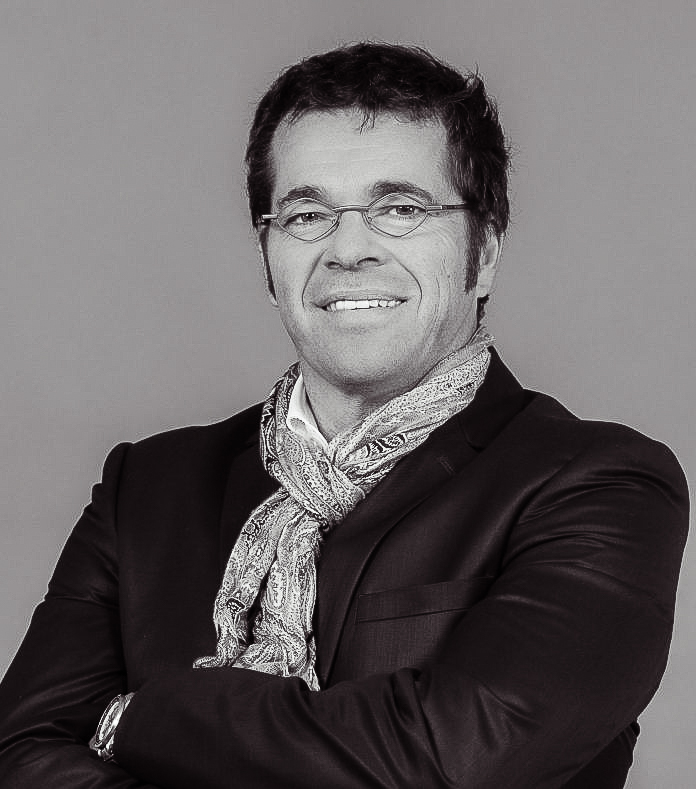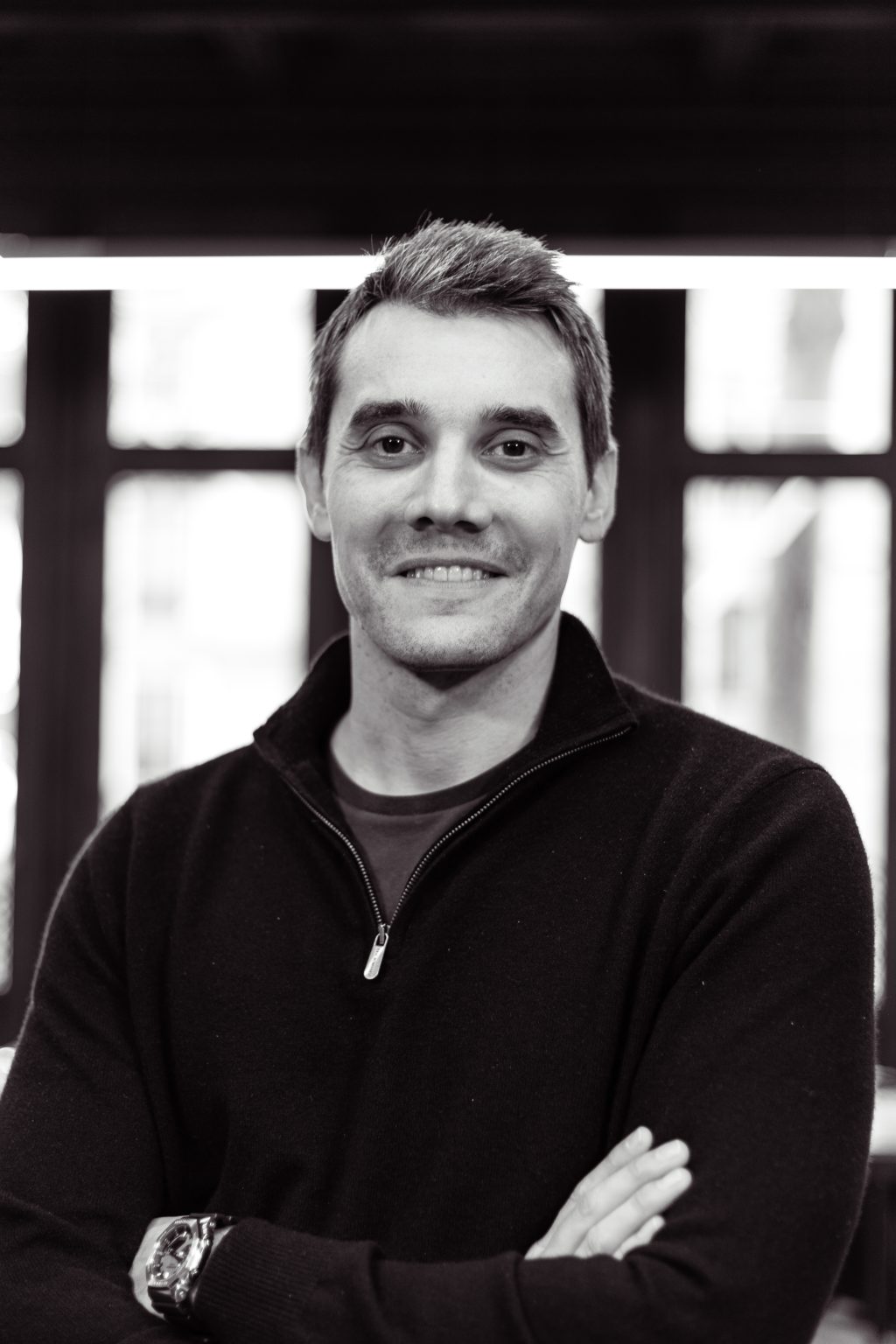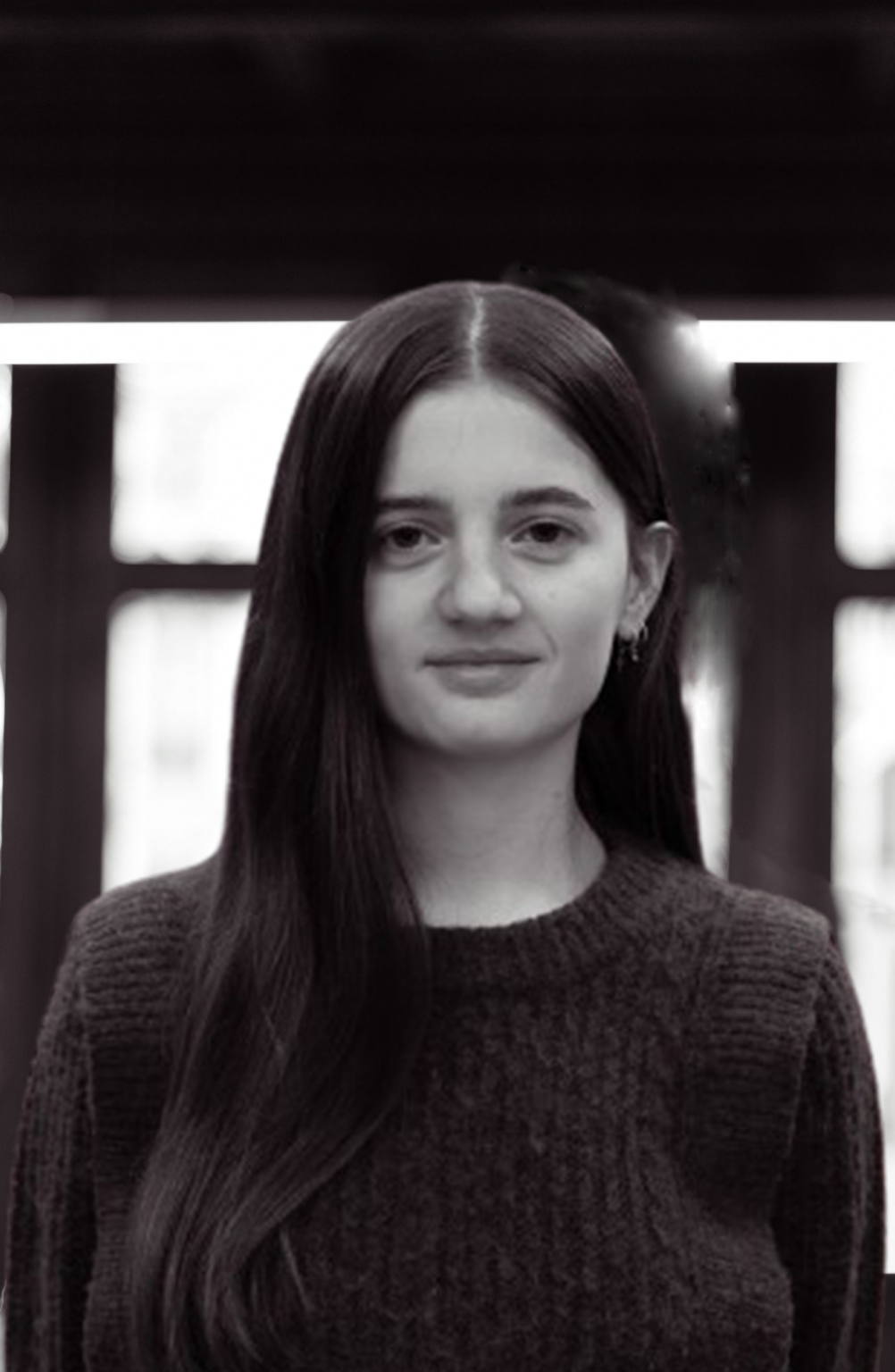Marcel GRIGNARD
President, Confrontations Europe
Html code here! Replace this with any non empty text and that's it.
In the wake of the terrorist attacks that bloodied Paris in January, we were quick to say that the values challenged were the founding values of the European Union. We believed the strong citizen mobilisation, which exceeded our borders, to be an expression of this and our national and European political, economic and associative leaders sensitive to it.
Europe is now confronted with a terrorist threat on its own soil. A threat not dissimilar to the terrorism in Africa, faced with which France has found itself the only European country present among the governments of the most affected countries.
Europe is also confronted with armed violence at the Ukrainian border and, while commendable, the efforts of François Hollande and Angela Merkel cannot guarantee a lasting ceasefire. We are still a far cry from the neighbourly relations capable of reducing gaps in economic, social and democratic development throughout Europe.
The EU must take action to ensure peace, democracy and security for its citizens. And in order to strengthen European citizenship, that sense of belonging to a society that we accept will shape part of our collective future, we need to give the European Union the power to act on its behalf.
European citizenship evolves with the components of the European Union. It becomes stronger as we address difficulties together and with the political action we take to overcome them. It accepts our differences. As European citizens, we share the same values of tolerance, freedom of expression and respect for others, we simply express them differently within our societies. In this issue of Interface, we have chosen to address the relationship between religion and the state.
Tolerance implies above all accepting and understanding our differences. There can be no solid compromise, no assumed and sustainable solidarity if we neglect this step.
Yet the fact that European policy responses are inconsistent is due partly to our inability to put more effort into better understanding the economic, social, societal and political realities of our European neighbours. Let’s take a very concrete example. Pages and pages have been written about intra-European social competition, comparing France and Germany. At the beginning of the year, the press reported on the introduction of a minimum wage in Germany, with the vast majority of French headlines announcing the arrival of a German SMIC. Transposing a French concept to illustrate a quite dissimilar German mechanism is a short cut that has little regard for the European idea.
For decades, employers and trade unions in Germany have decided the minimum wages for each sector completely independently. If this minimum wage has been introduced, at a level discussed with social partners, it is due to the sharp increase in the number of employees with very low wages and because almost one employee in two is not covered by an industry-wide agreement. While the purpose of the minimum wage is the same on both sides of the Rhine, the mechanism behind it and the manner in which the levels are decided are quite different.
But if we make no attempt to understand this quite simple and factual matter for the purposes of progressing together, how can we expect to succeed when it comes to more complex issues?
Html code here! Replace this with any non empty text and that's it.
Debate on European values
In the wake of the terrorist attacks in Copenhagen, Frans Timmermans, first vice-president of the European Commission, participated in the citizen debate “Let’s talk about Europe” in Paris, organized by the representation of the European Commission in Paris and the City Hall of Paris, in partnership namely with Confrontations Europe.
This was an opportunity for the Commissioner to debate with over hundred citizens about their concerns, experiences and proposals on a few key questions: how to efficiently tackle terrorism and external threats while being true to our fundamental values? How to ensure that each of us finds its place in our societies? What should be done from the local level to the European level to strengthen cohesion? How to develop dialogue and trust between citizens and institutions?
He warned against traditional anti-Semitism which is growing again all over Europe. He raised the fact that in Europe, the states have “left an amalgam between tolerance and indifference” and that the situation shouldn’t be tolerated if we aim at building an open and humanist European society. Lastly, he committed to contributing to make sure that “each Arab, each Muslim feels good in his Europe”.










